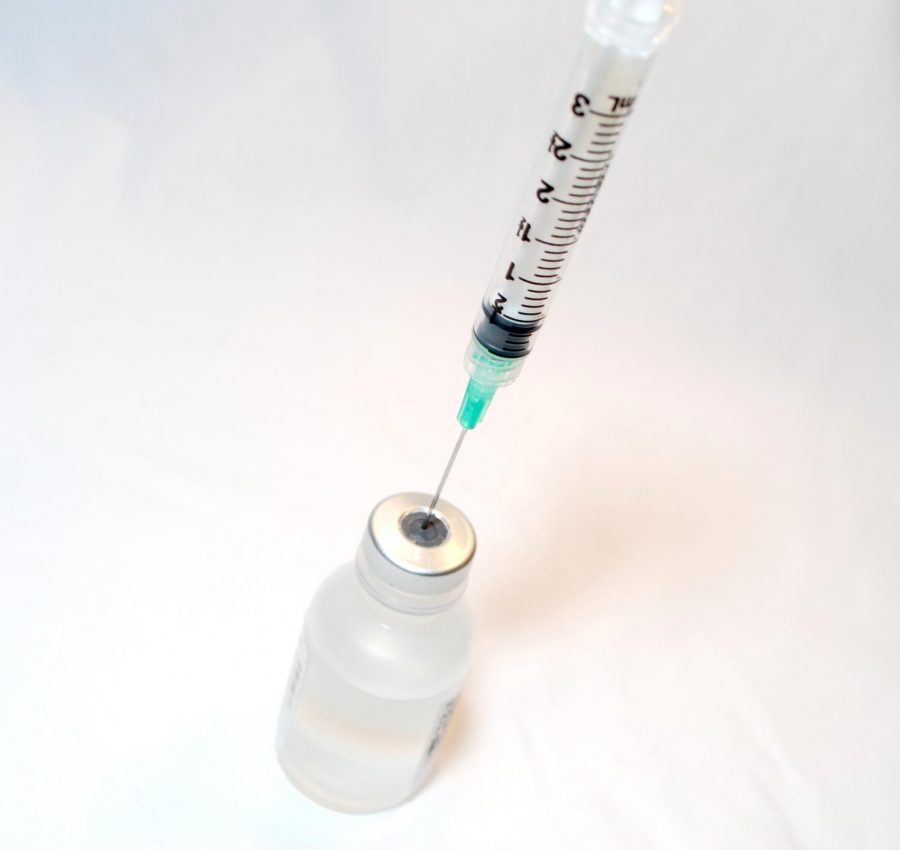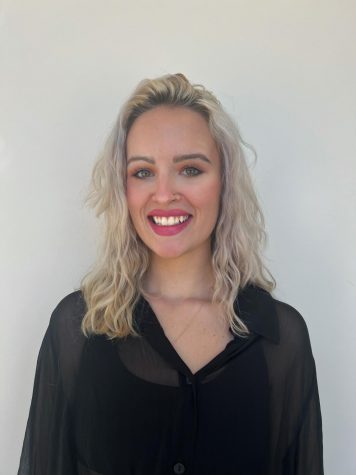GS health professionals weigh-in on the vaccine and ease common anxieties
Health professionals answered audience questions and concerns about the safety, efficacy and more of the COVID-19 vaccine.
February 18, 2021
In a virtual town hall last night, three of Georgia Southern’s health professionals shared information about the COVID-19 vaccine and did much to ease the anxieties of those hesitant about taking the vaccine.
The University is planning to roll out vaccines at Paulson Stadium as directed by the Georgia Department of Public Health in a multi-phase system beginning with first responders, healthcare workers and those over 65.
Another determinant in vaccine distribution is the supply of the vaccine. Currently the demand for the vaccine far outweighs the supply, and GS’ rollout plan is currently awaiting more vaccines for distribution.
GS will be administering the Moderna vaccine, since the university doesn’t have the ultra-cold storage capacity required for the Pfizer vaccine. Dr. Brian Deloach, GS medical director, noted that these vaccines are not interchangeable; your second dose of the vaccine needs to be the same as the first.
Deloach also noted that they are having trouble getting the second dose of the vaccine out to people before their 42-day window runs out following their first dose. Not getting the second dose in time does not nullify the first dose, but its efficacy or what happens past that time frame is beyond the current research.
“If you have an opportunity to get the vaccine off campus, and you meet the criteria for the current vaccination phase, by all means take advantage of that,” said Deloach.
After their presentation, Deloach and Dr. Stacy Smallwood and Dr. Jessica Schwind answered audience questions about the vaccine.
Do you have an estimated date for students to get vaccinated?
There is no current date that could be given. The vaccine is distributed according to the GDPH’s multi-phase system which puts those 16-65 in the final phases of distribution.
After receiving the vaccine are you still susceptible to COVID-19?
“The flu vaccine may not keep you from getting a mild case of the flu, but it’s going to keep you out of the hospital,” said Deloach. “The important thing … is preventing hospitalizations.”
Do I still have to wear a mask and socially distance and practice the same safety guidelines after receiving the COVID-19 vaccine?
“The mask is really there to prevent transmission,” said Schwind, “It doesn’t provide any type of immunity. That’s really what the vaccine is for, so the two of those together is really what’s important in bringing a stop to this pandemic.”
How did the vaccine happen so fast when other vaccines take decades?
Deloach explained that this vaccine is a newer mRNA vaccine which made researchers able to create this vaccine much quicker than traditional vaccines.
Also, because of the global health emergency, many of the moving parts in the production of these vaccines moved a lot faster. The FDA moved vaccines up on approval waitlists that normally take years to get through as a reaction to the global pandemic.
Is it safe to get the vaccine if you have asthma or another underlying medical condition?
The only risk is anaphylactic shock from an allergic reaction to the mRNA vaccine after your first dose, “which would be very unlikely,” said Deloach.
Still, all recipients are required to stay with a medical professional for 15 minutes after receiving the vaccine, just in the case that they have an allergic reaction.
However, there is limited data on the safety of the vaccine for pregnant or breastfeeding women, and Deloach advises mothers to talk to their doctors.
“There are expected vaccine side effects whether we get a flu shot or the COVID-19 vaccine,” said Deloach.
The known side effects of the COVID-19 vaccine are fever, headache, body aches and fatigue.
Can you tell us why people of color are being disproportionately impacted by COVID-19?
“Part of the reason why we see such significant impacts among [these communities] is because these communities are more likely to experience these adverse social determinants to basically not have access to the things that enable us to live our optimal lives,” said Smallwood.
“People of color are overrepresented in jobs that are considered essential, but yet these jobs are also not only low-paying, which affects their ability to have access to insurance and access to health care, but they also require more contact with people,” said Smallwood.
“The purpose of this forum is not for us to talk anybody into getting a vaccine,” said Deloach. “The purpose of this discussion is to provide the information that we have right now.”










